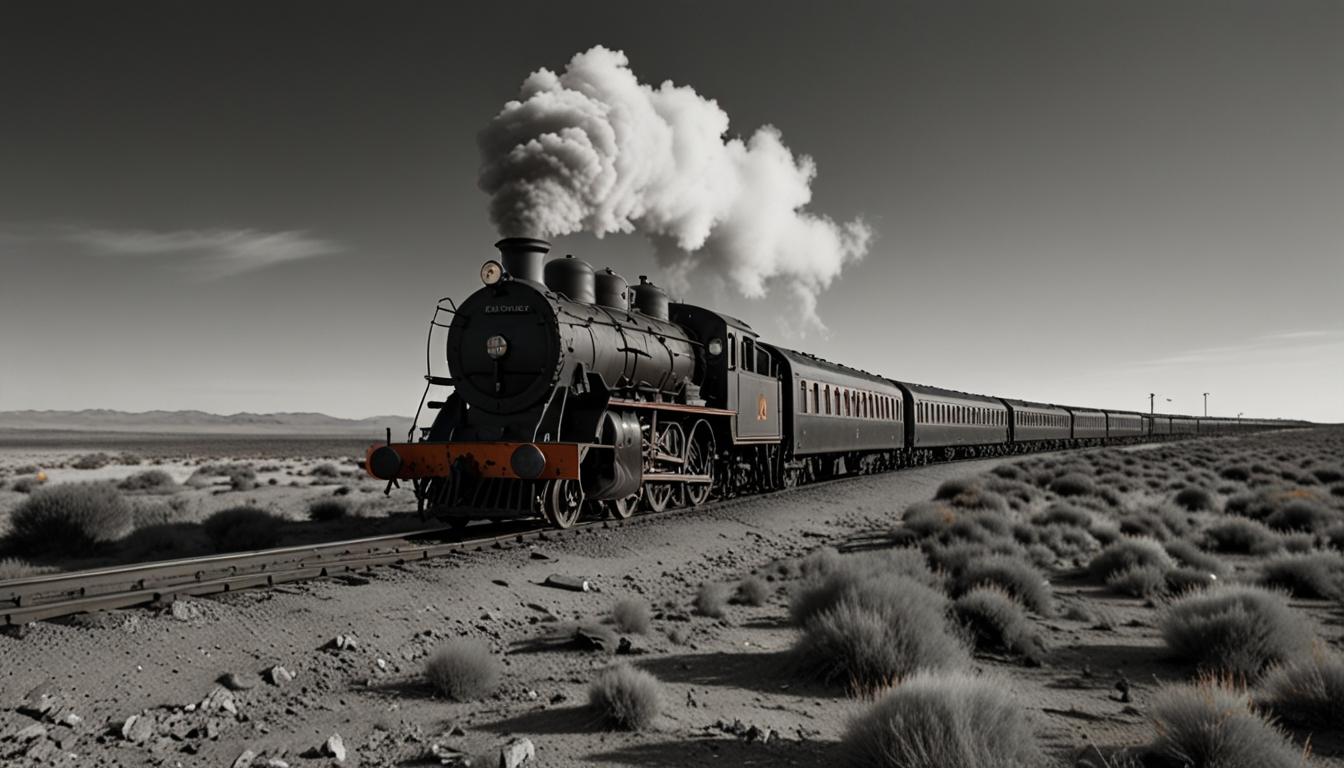Book Review: "The Wastelands" by Sarah Brooks
In a reimagined Victorian era, "The Wastelands" by Sarah Brooks paints a vivid picture of a perilous journey through an uninhabited, yet biologically rich land stretching between China and Russia. Encapsulated by stone walls, this hallucinatory expanse is crossed only by a colossal steam train from Beijing to Moscow. Passengers must sign waivers freeing the Trans-Siberia Company from liability in case of injury or death. The guidebook for this hazardous trip is by the disappeared author Valentin Rostov.
The novel is a blend of steampunk, climate fiction, and eco-fable with elements of romantasy and anti-capitalist themes. A teenage orphan, Zhang Weiwei, raised on the train, navigates between classes, observing mysterious and sometimes supernatural occurrences. The train represents modern civilization's struggle to dominate nature, driven by profit-oriented motives prioritizing technological isolation over ethical transparency.
Passengers range from a lively Russian countess and a snooty naturalist to a mysterious young woman traveling incognito. The story's tension escalates as the train faces power issues and deviates to a disused line for water, revealing the naturalist Henry Grey's controversial escapades and the observant Weiwei's detection of a potential stowaway.
Brooks' narrative features evocative imagery, with the Wastelands depicted as a chaotic Eden filled with fantastic creatures. The novel offers an imaginative and light-hearted exploration of serious themes, rendering "The Wastelands" a compelling, albeit phantasmagorical, literary journey.
